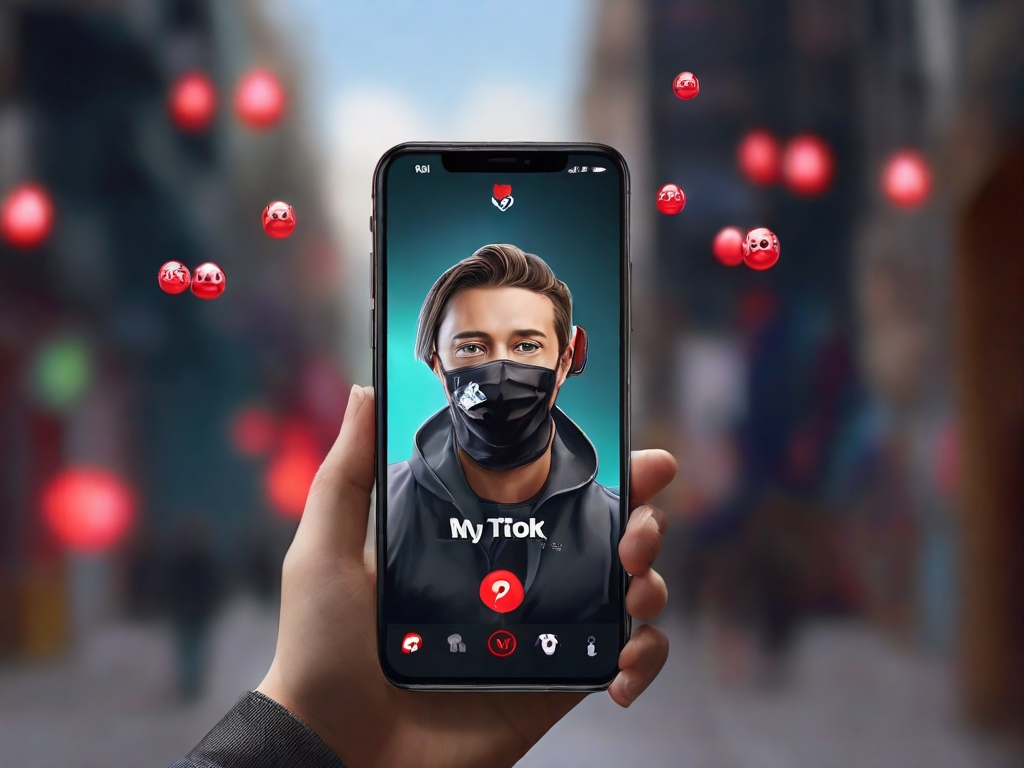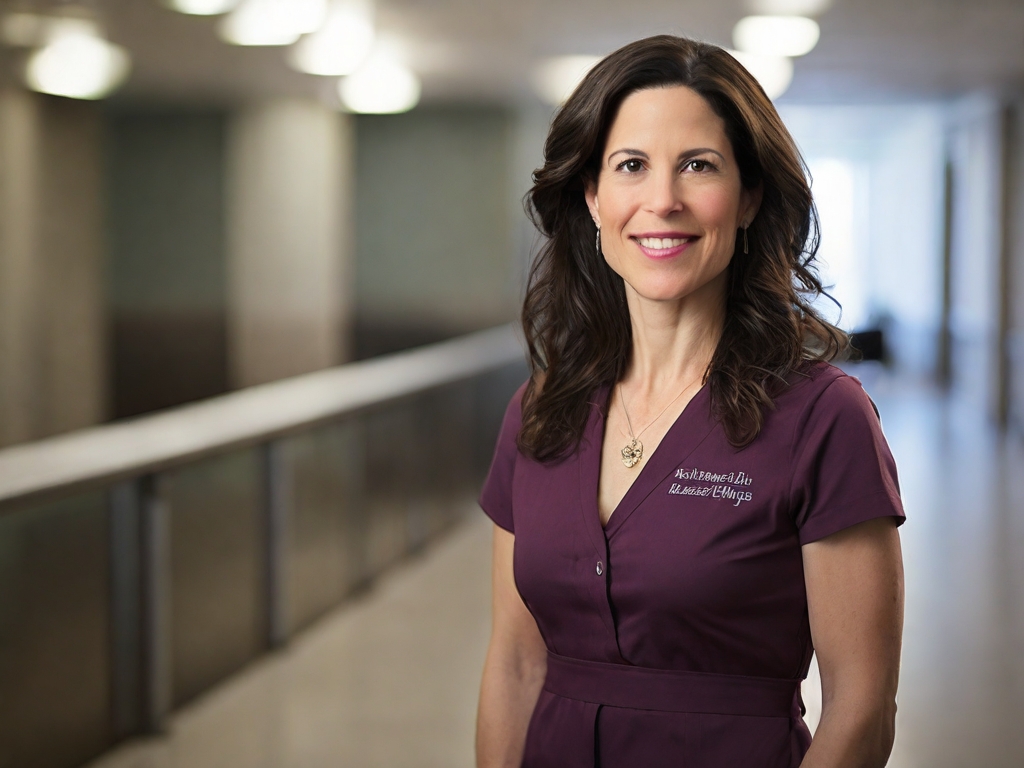
Abortion Pills Availability: Where to Get Them and What You Need to Know

Read about the availability of abortion pills, where to obtain them, and the legal considerations. Our in-depth research provides up-to-date information for those seeking safe and confidential options.
Introduction
Abortion is a deeply personal and often complex decision. For individuals considering this option, access to safe and effective methods is crucial. In latest years, the availability of abortion pills has expanded, providing an alternative to surgical procedures. In this article, we describe where you can provide abortion pills, the cost, legal considerations, and the importance of seeking reliable information.
Where Can I Get Abortion Pills?
1.Planned Parenthood Health Centers: Many Planned Parenthood health centers offer medication abortion (commonly known as abortion pills). Their caring doctors and nurses provide safe abortion services and non-judgmental support throughout the process. Planned Parenthood Health Centers are a leading provider of high-quality, affordable health care in the United States. They taking care to women, men, and young people, offering a wide range of services. These centers are also the nation’s largest provider of sex education.
The services provided by these centers are backed by medical experts and are available both in person and through virtual appointments. They offer care in various areas, including preventive care, birth control, testing and treatment for sexually transmitted infections, and screenings for cervical and other cancers.
One of the significant services provided by these centers is abortion care. They provide information needed to schedule an appointment and ensure that the care provided is safe and legal.
In addition to in-person services, Planned Parenthood has also embraced digital health care. They have an app, Planned Parenthood Direct, which makes it easy and affordable to get birth control and other prescriptions. This app is available on Android and iOS phones.
Moreover, they provide assistance with health insurance enrollment. Although open enrollment for the year typically ends on December 15, under special circumstances, individuals may be eligible to enroll in a Marketplace plan after December 15. If individuals qualify for Medicaid, enrollment is open year-round.
2.Private Doctors and Gynecologists: Some private healthcare providers also offer abortion pills. If your local Planned Parenthood center doesn’t provide them, consider reaching out to private clinics.Private doctors and gynecologists are medical professionals who provide personalized healthcare services, often in a private practice setting. They cater to a wide range of health needs, with a particular focus on women’s health.
Gynecologists specialize in the female reproductive system, providing care for issues related to menstruation, pregnancy, childbirth, and menopause. They also screen for diseases such as breast and cervical cancer and can treat conditions like endometriosis, polycystic ovary syndrome (PCOS), and sexually transmitted infections.
Private doctors, on the other hand, offer a broader range of healthcare services. They can provide primary care, treating common illnesses and injuries, and managing chronic conditions. They also offer preventive care, including regular check-ups, health screenings, and vaccinations1.
One of the key benefits of seeing a private doctor or gynecologist is the personalized care they provide. Because they typically have fewer patients than doctors in a hospital setting, they can spend more time with each patient, offering comprehensive care tailored to the individual’s needs1.
In addition to in-person consultations, many private doctors and gynecologists now offer telemedicine services. This allows patients to consult with their doctor via video call, making healthcare more accessible for those who cannot easily travel to the doctor’s office1.
3.Family Planning Clinics: These clinics specialize in reproductive health services and may offer abortion pills.Family Planning Clinics are healthcare facilities that provide a range of services related to reproductive health and family planning. These clinics play a crucial role in promoting reproductive health and enabling individuals and couples to plan their families according to their needs and circumstances.
The services offered by Family Planning Clinics include:
1.Contraceptive Services: These clinics provide a variety of contraceptive methods, including oral contraceptive pills, intrauterine devices (IUDs), injectable contraceptives, and condoms. They also offer emergency contraceptive pills1.
2.Counseling Services: These clinics offer counseling services to help individuals and couples make informed decisions about family planning. This includes providing information about different contraceptive methods, their effectiveness, side effects, and proper use1.
3.Reproductive Health Services: In addition to contraceptive services, these clinics also provide a range of reproductive health services. This includes screening for sexually transmitted infections, providing treatment for reproductive health problems, and offering prenatal and postnatal care1.
4.Education and Outreach: Family Planning Clinics also play a key role in educating the public about reproductive health and family planning. They conduct outreach programs to raise awareness about the importance of family planning and reproductive health.
Family Planning Clinics are committed to providing high-quality, confidential, and affordable services to all individuals, regardless of their age, gender, or socioeconomic status1. They play a vital role in promoting reproductive health and enabling individuals and couples to plan their families in a way that best suits their needs and circumstances.
5.Abortion Clinics: Dedicated abortion clinics are equipped to provide comprehensive care, including medication abortion.
6.Telehealth Services: In certain states, you can have a virtual visit with a healthcare provider who can prescribe abortion pills. The pills can then be mailed to your address or picked up at a local pharmacy.
Legal Considerations
1.State Laws: Abortion laws vary by state. Some states have restrictions based on age (especially if you’re 17 or younger) or impose waiting periods. Research your state’s specific regulations.
2.Traveling for Abortion: If your state has restrictive laws, remember that it’s legal to travel to another state for an abortion. AbortionFinder.org provides state-specific information.“Traveling for Abortion” refers to the journey that individuals undertake to access abortion services, often due to restrictions, lack of facilities, or stigma in their local area. This phenomenon is observed globally and is particularly prevalent where stringent laws limit the availability of abortion services.
The journey can be physically, emotionally, and financially taxing. It involves not just the travel to a different city, state, or even country, but also the arrangement of accommodation, time off work, and the navigation of unfamiliar environments. The emotional toll includes the stress of travel, the procedure itself, and the potential isolation from one’s regular support network.
Moreover, the need to travel for an abortion highlights the disparities in healthcare access. It underscores the fact that the right to choose is not universally available and is often dictated by geographical location and socio-economic status. This situation calls for a re-evaluation of existing policies and an emphasis on making healthcare, including abortion services, accessible and available to all, regardless of where they live.
3.Beware of Crisis Pregnancy Centers: These centers may appear like medical facilities but often provide biased information to discourage abortion. Rely on reputable sources like Planned Parenthood or AbortionFinder.org.
Cost of Abortion Pills
1.Planned Parenthood: Costs may vary, but you may be eligible for free or low-cost abortion pills.
2.Private Providers: Prices can differ. Check with individual providers.
3.Insurance Coverage: Some insurance plans cover abortion pills. Inquire with your insurer.
Safety and Confidentiality
Medical Supervision: Always seek medical guidance when using abortion pills. Follow the prescribed regimen.
Privacy: Choose a provider that respects your privacy and follows privacy laws.
Conclusion
Access to abortion pills is essential for reproductive autonomy. Whether you visit a Planned Parenthood center, consult a private provider, or explore telehealth options, prioritize safety and accurate information. Remember that you’re not alone—many compassionate professionals are ready to support you during this important decision.
Disclaimer: This article is intended for informational purposes only. The content is not intended to be a substitute for professional medical advice, diagnosis, or treatment. Always seek the advice of your physician or other qualified health provider with any questions you may have regarding a medical condition.



















































































































































